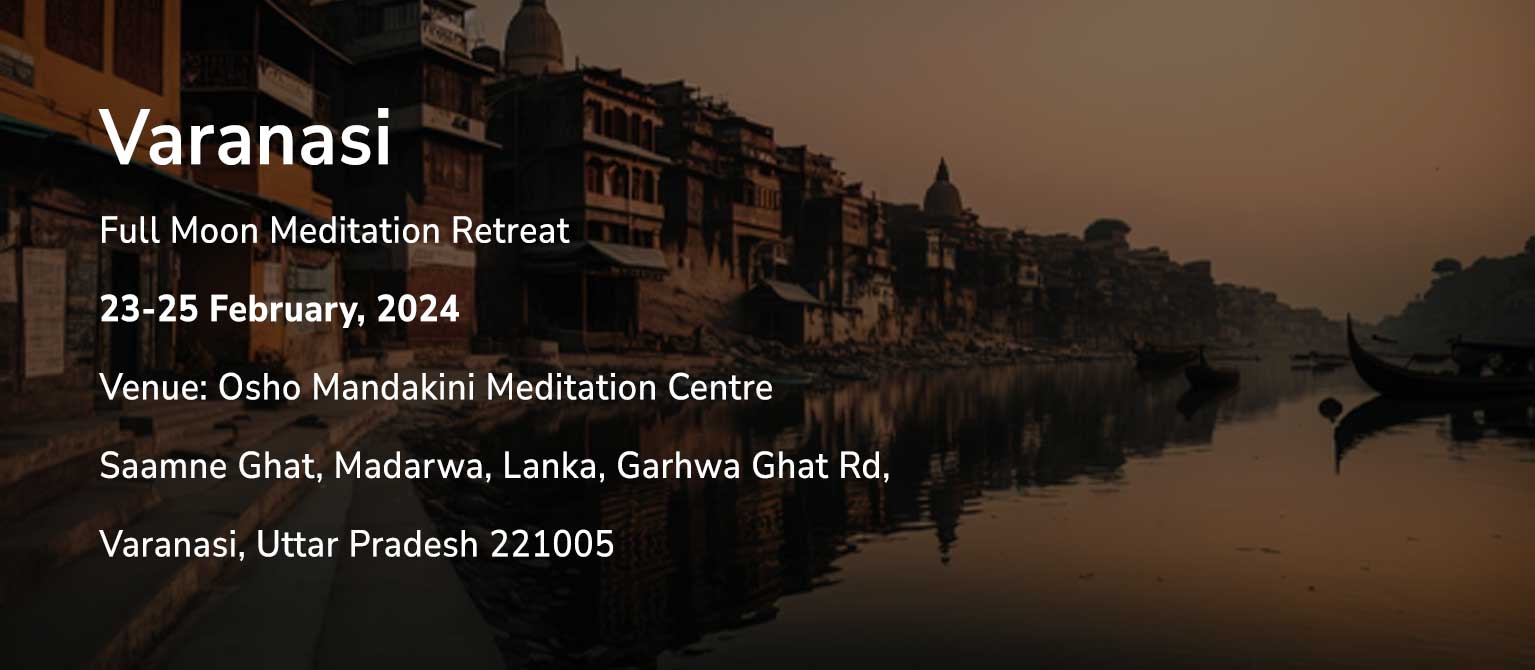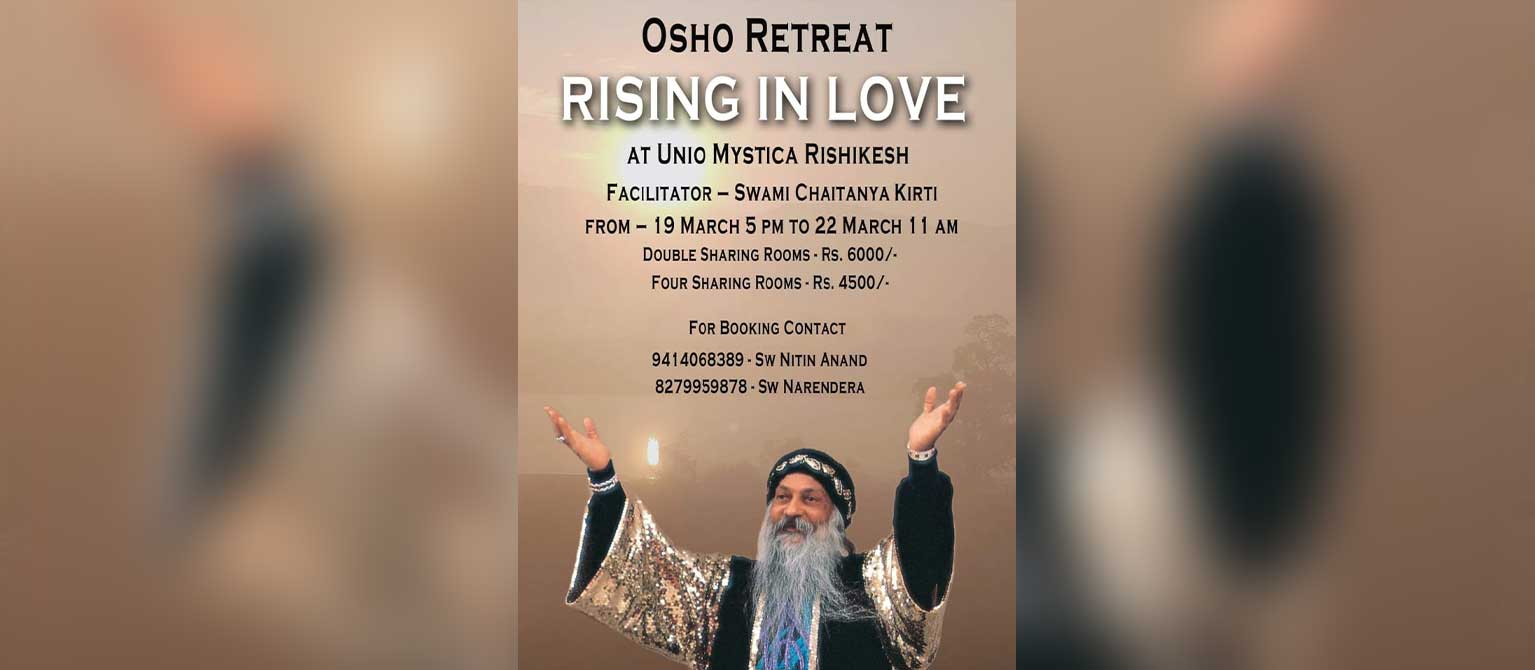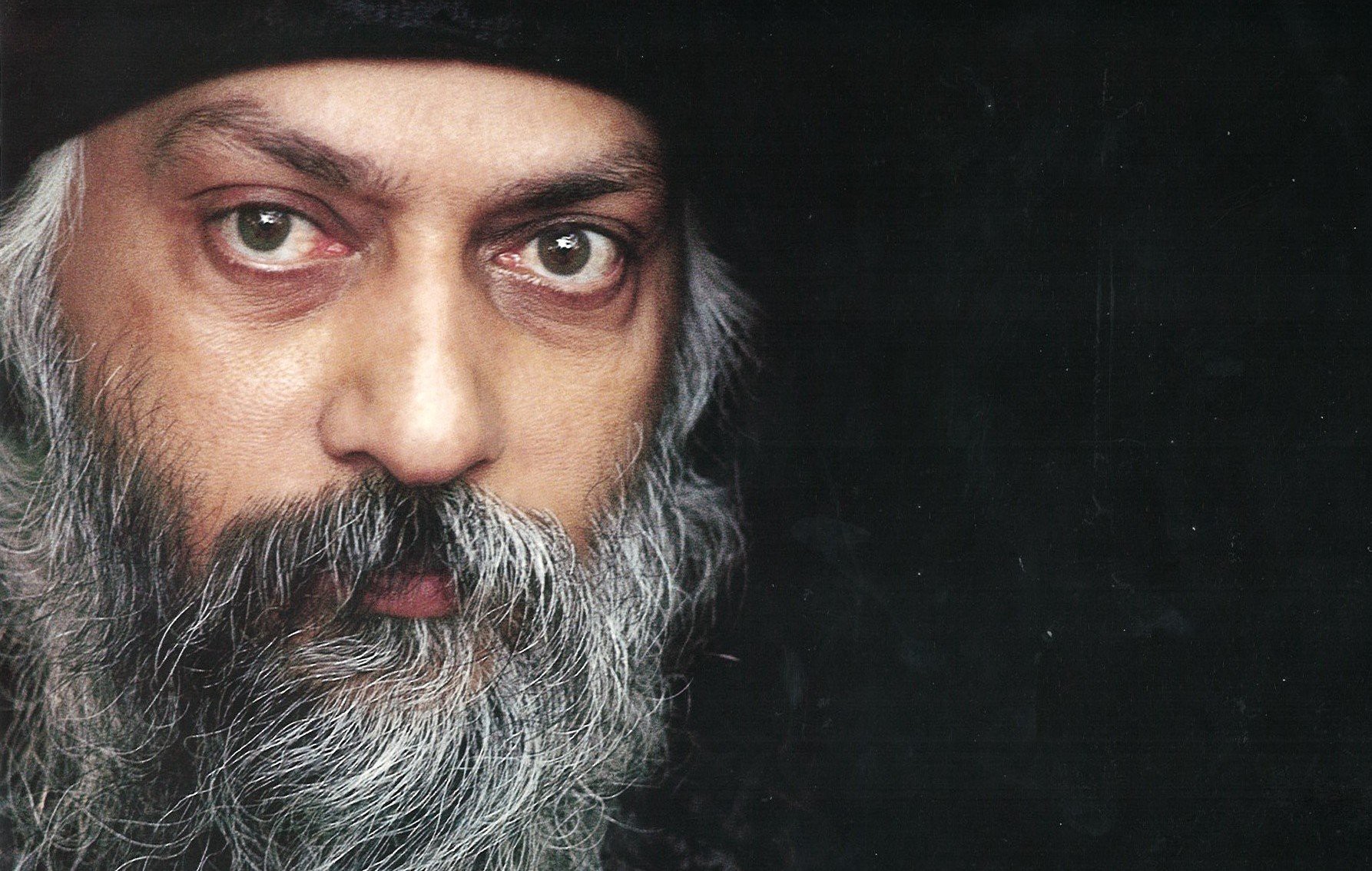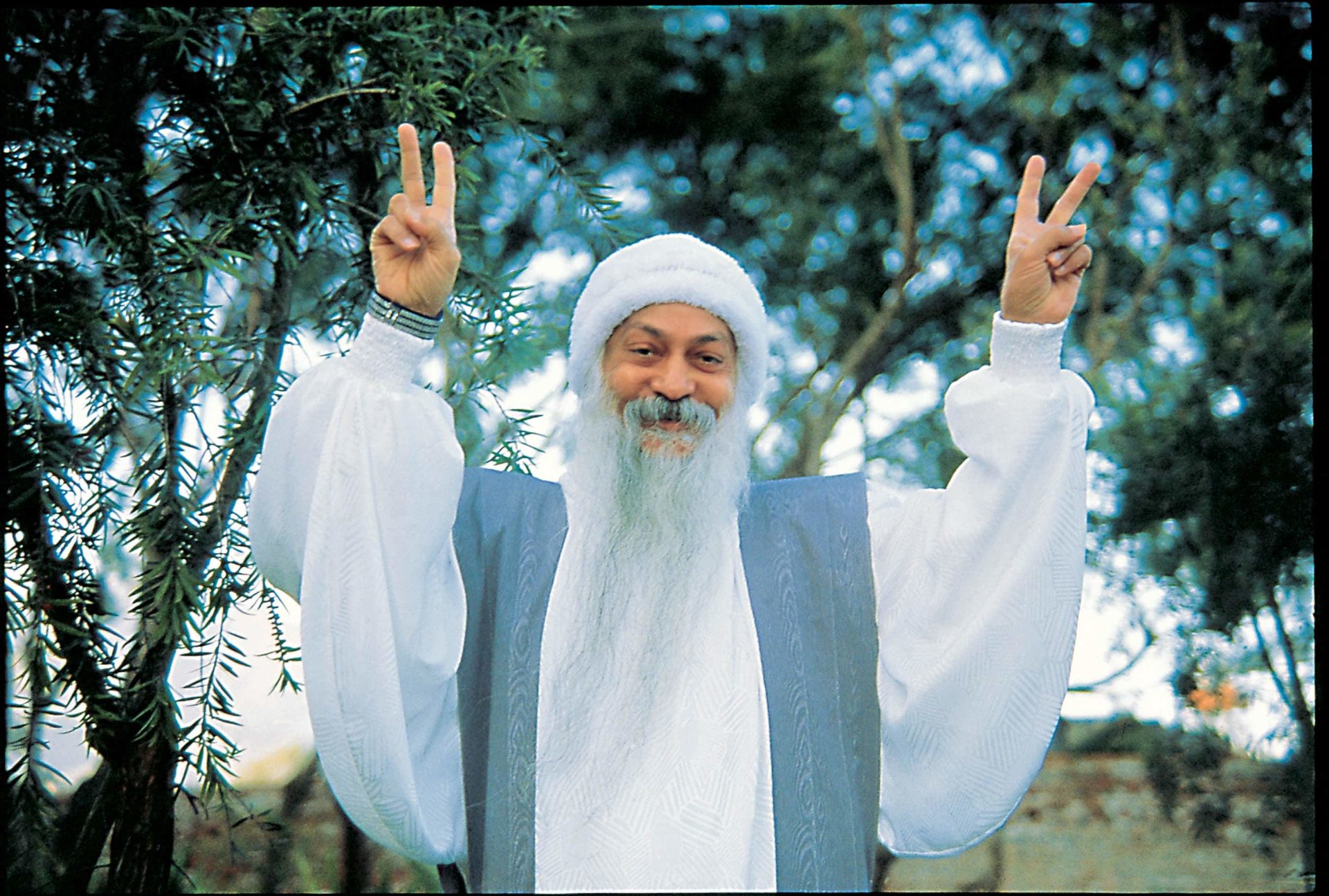By Taru Bahl
There are only two ways to live your life, only two ways to be.
One is the right way, the other the wrong way.
The right is to give, to share, to love.
The wrong way is to snatch, to exploit, to accumulate.
Love and money are the symbols of these two ways.
Money is neurosis, love is ecstasy.
Love is the right way and money is the wrong way
Osho
THE tug of war between the spiritual and the material, the desires of the heart and the practicality of the mind, the conformities of society and the freedom of the spirit are conflicts each one of us face at every juncture of our lives. How we respond to them determines our happiness quotient which in turn is shaped by the love we carry inside ourselves. This love is not necessarily directed at one person or a short-listed few to be doled out in different measures. Instead, it is for all of humanity given in a consistently even manner. One cannot decide to be loving. One is either loving or isn’t.
Aakash had a very spontaneous way of bonding with people. He succeeded in breaking the barriers of formality by getting people to relax and shed their inhibitions in the first stage of the relationship itself. Whosoever he dealt with, whether a stranger at a party or the uniformed peon at the office, he put them at ease as they responded to him on a basic humane plane. He was the favourite uncle of his nephews and nieces; friends and family vied for his company; his ex-girl friends rarely said anything nasty about him, his colleagues extended full cooperation to him, celebrating each of us his professional milestones and he shared a deep intense bonding with his close group of friends. He was caring, generous, fun-loving and sincere. But what really made the million-dollar difference was that he allowed feelings of unadulterated love to filter through all his interactions. It was something that came naturally to him. There was no pretension and faking in his responses. This sincere love for people, in general, and for those he came into direct contact with, in particular, was what set him apart from others. They did not compete with him nor did they get threatened by his presence, seeking ulterior motives for his actions and behaviour. That he did not have a single mean bone in his body was evident at first glance. Trust and compassion were the foundations on which his relationships were built. People went out of the way to help him. They felt good for him when he did well, and miserable when he was upset. There was instant empathy in his relationships. Most observers felt it was his striking good looks which gave him the advantage, while others accused him of being a charmer, who snaked his way into people’s hearts. However, all of them were unanimous in saying that he was ‘lucky’ with people.
There is no doubt that we cannot connect with people unless our interaction is touched with the feeling of love. Only when we look at someone with a heart full of love can the feelings of compassion, sensitivity and warmth touch our actions. Does this mean that a loving person is never meant to get angry, violent, upset and critical? Does love mean only saying mushy things, being goody-goody and constantly supportive? When a father denies his son the usage of the family car, or when he refuses to let him go on a holiday with his friends, not because he cannot afford it but because he feels his son is irresponsible with scant regard for money, does it mean he does not love his son? Or when a mother brings to the notice of the class teacher that her son has secured full marks in the maths paper by cheating from the girl sitting next to him, resulting in his repeating the class, is she being cruel and unconcerned? Isn’t it natural for a truly loving person to react and get angry when the person he loves behaves in a manner which is incorrect?
Shouldn’t a genuinely loving person correct/punish us and tell us that we are wrong even when the world maintains a stony silence, allowing us to trip over our follies? Isn’t it his moral duty to come and shake us out of our reverie, pull us up and force us to see reason, mend our ways and get onto the correct path, even at the risk of earning our ire which may result in a rift in the relationship?
Most of the time an angry and confrontationist approach by a loved one leaves no lasting scars because his sincerity of purpose and genuine hurt is evident. It is said that the final and greatest risk of love is the risk of exercising power with humility. The most common example of this is the act of loving confrontation. For a truly loving person, the act of criticism or confrontation does not come easily. He knows it has the potential of turning arrogant, moralistic, preachy and authoritative. It could be misconstrued as being a stand of intellectual superiority where he adopts a holier-than-thou stance trying to push the loved one in doing what he thinks is right.
What makes the process smooth and less acrimonious is when genuine love recognises and respects the unique individuality and separate identity of the loved one. The loving person is caught between a loving respect for the other’s own path in life and a responsibility to exercise loving leadership when the beloved appears to need such leadership. It is a dilemma which is ultimately resolved by painstaking self-scrutiny.
There are two ways to confront or criticise another. One is with the instinctive and spontaneous certainty that one is right. This is the way of arrogance which is usually adopted by teachers, parents, opinionated spouses and older siblings. Although well-meaning, it often produces rebellion, on the one hand, and/or meek submission and resentment, on the other. The second is tinged with a belief that one is probably right but is arrived at through scrupulous self-doubting and self-examination. Here the person who is indulging in fault-finding and criticism decides to have a ‘hard talk’ with the loved one with a heavy heart. He finds it painful telling him that he is wrong but feels it has to be done/said.
Tinged with genuine goodness and humility, since he has no personal axe to grind or favours to win, he rarely goes wrong. Even if the person feels a momentary pang of anger at being criticised, he is forced to sit back and think and, maybe, even act on it, too. Richard Bach in his book Running from Safety says, “We can change our world any way we want. We can make our personal world calm or wild according to what we want to live and be. We can weave utter peace in the midst of chaos. We can destroy in the midst of paradise. It only depends on how we shape our spirit and this in turn is directly dependent on the amount of love we carry in our heart.”
source: tribuneindia.com
source: www.oshoviha.org









